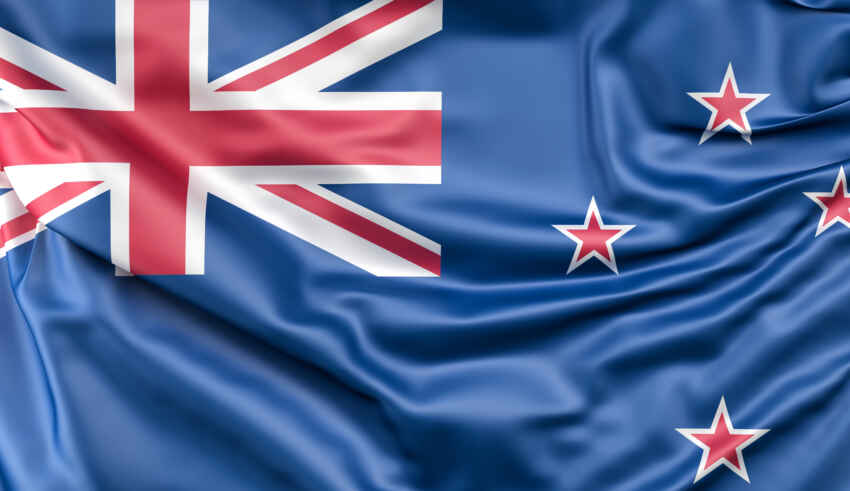
New Zealand’s commitment towards recognizing small indigenous communities like the Māori it is a shining example for many parts of the world how the country has set itself up to affirm and promote its own Māori’s rights. The country’s effort of recognizing their native language and enhancing indigenous societies is highly valued.
Governance, leadership, and decision making in relation to empowerment of indigenous community are well documented with reference to the example of New Zealand. This is demonstrated by setting of Māori seats in parliament where their interests are well represented and voice in politics is assured. The acknowledgment of the official status of the Māori language, as well as appointment of advisors on Māori issues within government authorities prove dedication towards inclusive approach and indigenous views. These help Māori communities to have a say on policies which affect their lives directly.
However, recently these developments are taking a step back and making a concerning shift in its approach towards the Māori rights and it is becoming worry some about the future of the Māori people in New Zealand on matters like how will the government deal with future Māori concerns.
A right-wing government that took office in October promises to reverse several initiatives put forward during the term of former progressive labour government. The policies were intended to give official recognition to the Māori language, provide better conditions for indigenous people’s lives, and ensure their rights. Thousands of protestors criticize the rollbacks as the greatest setback in Māori rights in years.
It is worth of mention that during Luxon’s time in office as prime minister of the National party and while many Māori have served in parliament this year, the conservative power bloc was formed. Such groups include some elements that are supporting the government’s agenda as in case with David Seymour, the ACT New Zealand party leader. Controversial bill by Seymour aims at redrawing the meaning of treaty of waited where Māori sovereignty claims have their foundation.
The Luxon government plan is not only about Māori right reforms but also include policies such as the repealing the ban on tobacco smoking, revisiting the oil sector and revocation from UN declaration on indigenous peoples’ rights. These recent policy changes can be associated with wider dissatisfaction within middle class New Zealanders with ever increasing prices and anxieties emerging out of rising environmental legislation from rural sector’s point of view.
According to political commentator Gareth Hughes, New Zealand’s politics are now polarised, with a culture war being waged over issues that used to be beyond dispute. Māori language, Māori culture of practices and workers’ collective bargain powers have been turned into debatable issues. Such polarization can be seen in the successful Green party, a leftist one, whose best result was received during the last election, with environmental and social justice problems.
Although the Māori society is diverse in their opinions over the policy, a new breed of the Māori legislators has come up lately among them most of whom have become members of parliament. Pushback has been demonstrated by 33 members of the Māori descent who make up 27% of New Zealand’s parliament. A new party concerned with indigenous issues called Te Pati Māori tripled its seats in parliament and elected Hana-Rawhiti Maipi-Clarke, who is only 21 years old and is officially the youngest MP since more than 150 years ago
Te Pati Māori president John Tamihere points out that the right to protest is not an exemption that he has never heard of before when it comes to indigenous people in New Zealand. There has been more activism from Māori leaders as it is a clear indication that Māori people wish to safeguard and promote their culture and rights.
In conclusion, New Zealand had a promising future in recognizing the Māori culture, however, the rolling back Māori rights reforms is one of the major hindrances that impede the advancement of indigenous empowerment and recognition. These modifications could undermine advances made towards advancing Māori culture and rectifying past wrongs. To this end, it is vital to hear the voices of Māori and Māori themselves in New Zealand. New Zealand’s position is significant and this could earn it a good name globally as a leader of the recognition movement on indigenous rights.
By The European Institute for International Law and International Relations
References
Craymer, L. (2023, December 10). New Zealand’s swing right on Maori issues reveals New Fault Lines. https://www.reuters.com/world/asia-pacific/new-zealands-swing-right-maori-issues-reveals-new-fault-lines-2023-12-10/
Kaur, G., Fox, K., & Chang, A. (2023, December 8). A breakdown of the issues at the center of Maori protests in New Zealand. NPR. https://www.npr.org/2023/12/08/1218317109/a-breakdown-of-the-issues-at-the-center-of-maori-protests-in-new-zealand
Solomon, S. (2023, December 5). New Zealand: Thousands protest against new government policies that unravel Māori gains. The Guardian. https://www.theguardian.com/world/2023/dec/05/new-zealand-protest-thousands-maori-government-policies
By The European Institute for International Law and International Relations













